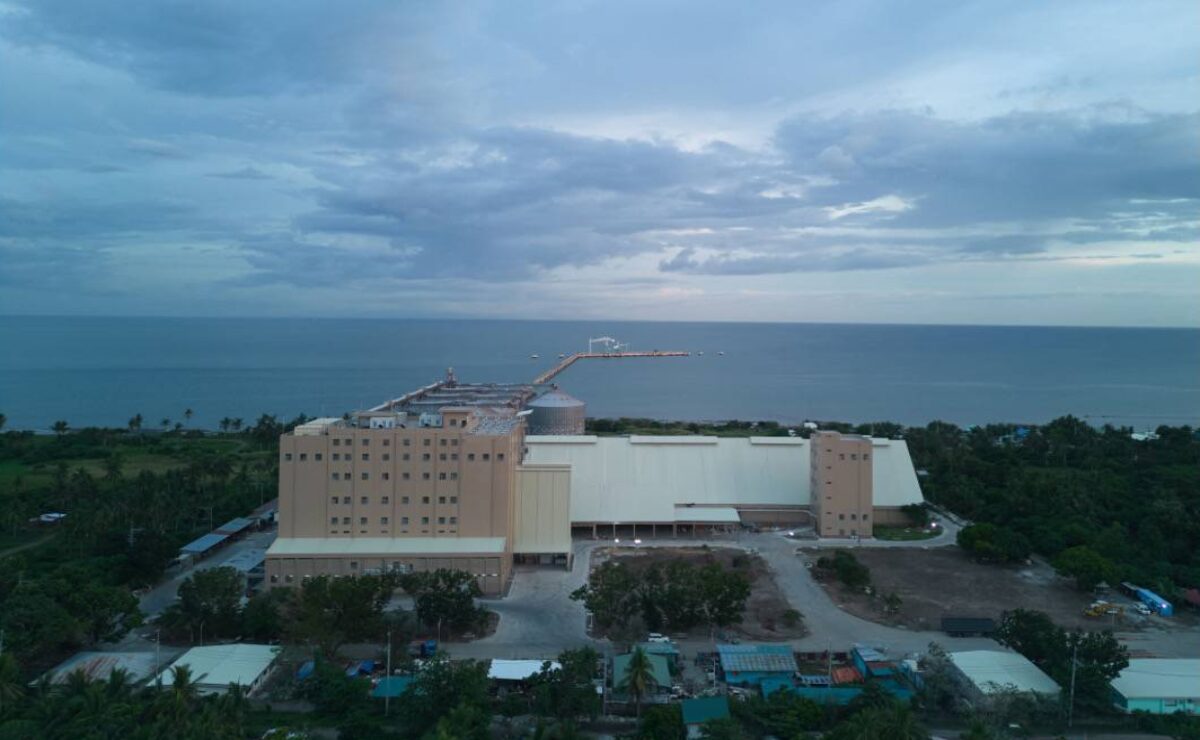MANILA, Philippines — Snack food maker Universal Robina Corp. (URC) has opened a P5.4-billion flour mill in Quezon province to boost its production capacity as it anticipates a recovery in consumer sentiment and rising demand for its products.
The Gokongwei-led company on Wednesday said the flour plant in Sariaya town — the firm’s largest — would raise URC Flour’s daily production capacity to 3,500 metric tons (MT) from 2,180 MT previously.
“We are seeing an ever-growing demand for our products,” URC president and chief executive officer Irwin Lee said in a statement.
“This new flour mill will allow us to meet that demand, maintain the quality of our products and keep our price point competitive,” Lee said.
According to URC, the new facility has the capacity to do “fully automatic packing operations,” shortening the production process and reducing waste.
URC added that the facility integrated the roller mill’s control and monitoring system into the main station, allowing remote operations.
The Sariaya plant, which sits on a 10-hectare property, is URC Flour’s third mill after its facilities in Pasig City and Davao.
The maker of Jack ’n Jill snacks currently offers several types of flour, including hard wheat, cake, noodle and all-purpose flour.
URC’s earnings in the first nine months of the year jumped by 11 percent to P9.2 billion, buoyed by its offshore businesses.
Sales at the branded consumer foods (BCF) segment inched up by 2 percent to P81.8 billion.
Despite weak consumer sentiment globally, URC’s overseas BCF business rose by 9 percent to P25.9 billion as its units booked growth in volume as well as value.
Meanwhile, the domestic market was flat at P55.9 billion due to declines in the coffee and confectionary business, though offset by the ready-to-drink beverages and bakery units.
Lee earlier said they were optimistic of more resilient consumer spending in 2025 as the company shifts its focus to “higher-growth markets” in Asia.
URC plans to exit the China market next year, saying that several of its entities in the world’s second-largest economy already ceased operations last June.
